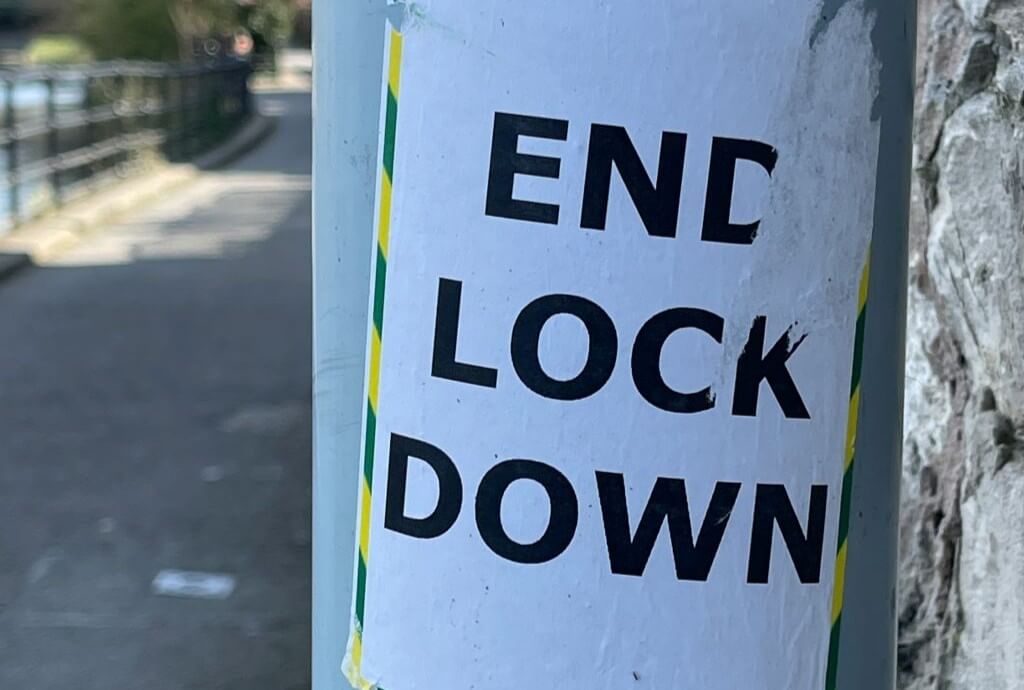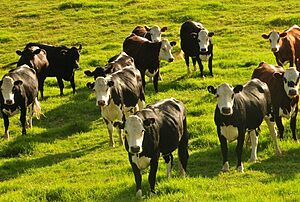In brief
- The Greens have not been effective on climate issues.
- James Shaw’s time as Minister of Climate Change from 2017 to 2021 saw NZ go backwards on emissions.
- Can NZ afford more pricey mitigation schemes while Kiwis struggle with the cost of living?
- Adaptation means dealing with impacts of climate change. Is this a more sensible strategy for a small country?
The Greens get a poor grade on climate
During James Shaw’s first four year stint as Minister for Climate Change from 2017 to 2021, NZ went from the OECD’s fifth biggest emitter per capita of greenhouse gases (GHGs) to its fourth biggest emitter (where comparable data is available).
The net effect of the Government’s hugely expensive $4.5b Climate Emergency Response Fund, set up in 2021 to focus on cutting emissions (aka climate mitigation), is zero. At the time, Shaw called it a “game-changer”.

Is it time to rethink climate policy?
The Government is pushing costly mitigation efforts, including harsh methane penalties. As a result, farming has become mired in red tape. Many have either given it up or are considering doing so. Increasing numbers of farmers are converting farmland into forests to earn carbon credits. It’s doubtful that strategy is even sustainable since the extra forests won’t store the carbon forever.
ACT has argued that ambitious mitigation targets, like Net Zero Carbon 2050, don’t really make sense for a tiny trading nation like New Zealand. Reducing emissions drives up costs. If prices rise too much then consumers will tend to look elsewhere for cheaper products. They may even turn to producer nations with higher levels of emissions just to save a buck.
Putting aside the question of discredited data, the reality is that even if ambitious emissions targets are reached it will have almost no impact on global warming anyway. That’s because New Zealand’s 80 million tonnes of GHGs per year is a drop in the bucket compared with the global total of 50 billion tonnes per year. Extreme weather will still affect New Zealand no matter what we do. Not to mention that Kiwi farmers already claim to have the lowest carbon footprint in the world.
Perhaps adaptation is a better strategy for a small fry like NZ. That would entail money spent on dealing with the impacts of climate change. For instance, NIWA recommends locating infrastructure away from high flood risk areas, planting drought tolerant species or building for high wind speeds.
The current approach is burdening industries and consumers without achieving the supposedly crucial environmental benefits.



















